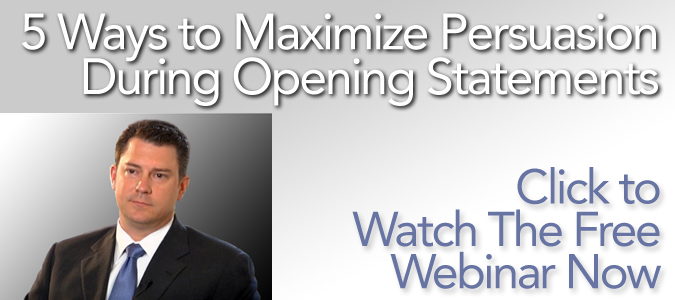 by Alex Brown
by Alex Brown
Director, Operations
A2L Consulting
The well-known sociological principle of “social proof” has many definitions, but the most accepted one is that in times of uncertainty, people naturally do things that they see others doing. And the percentage of acceptance rises when it involves people you respect, know, or are in some way influenced by.
Multiple experiments have been done on this topic, but an example happened to me this weekend.
I was at a Washington Nationals game with my family, and we were sitting a few rows back of the dugout. It was the first major league game for both my girls and my wife, so for me it was fun to watch their excitement. We got there in the second inning, and as they were settling in I am telling them this was Stephen Strasburg’s first game back from injury. Little did I know that he would strike out 12 and get three hits himself in eight innings.
Not soon after we sat down, catcher Wilson Ramos smashed a hit into center field for two runs, but the “social proof” example happened just before that. If you have been to a game, you will know that when Ramos comes up to the plate, the crowd starts chanting “WILSON” to drums and music. My children and wife did not know what was happening and looked to me as I chanted with all the others. They picked up and joined right in. This happened all night. With no knowledge of the game, they joined in chants, raised the volume when requested, and booed at the appropriate times.
Now of course, jurors cannot cheer and boo as a case is being debated, but many times a juror will find himself or herself in a “no man’s land” and not know what is being described, discussed or presented. It is in these times that they look to other jurors or counsel for clarification. Thus, this is the best time to be persuasive.
Nicholas Christakis and James Fowler released a book in 2009 called “Connected: The Surprising Power of our Social Networks and How they Shape our Lives.” They expounded on the idea that Aristotle put forth millennia ago: Humans are Social Animals. Our happiness, well-being, safety, and success are dependent on those with whom we are surrounded. A jury is thrown together by chance, but they also develop a rapport. As a litigator, you want to identify who will become the influencer with a jury and make sure you are in turn the one who influences the influencer.
Other articles from A2L Consulting related to jury psychology, persuasion and influencing juries:
- 10 Ways to Spot Your Jury Foreman
- 5-part series of articles about the Reptile trial strategy
- 5 Questions to Ask in Voir Dire . . . Always
- Jury Selection: So Few Strikes, So Much at Stake
- When a Good Trial Team Goes Bad: The Psychology of Team Anxiety
- Trial Consultants: Unfair Advantage?
- Free E-Book Download: Storytelling for Litigators
- Free Webinar: Using Storytelling in Litigation
- Jury Selection: Should You Follow Your Instincts About a Juror?
- Free Litigator's Guidebook: Getting the most from your trial consultants
- What every juror needs from you
- What every mock jury ever has said





Leave a Comment